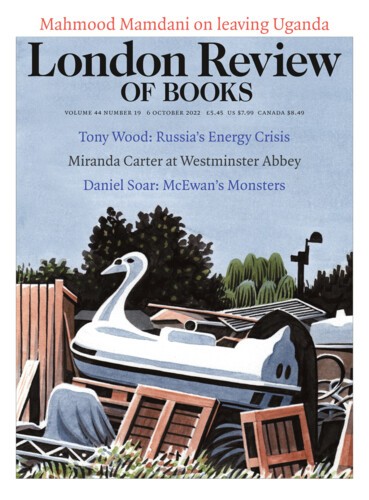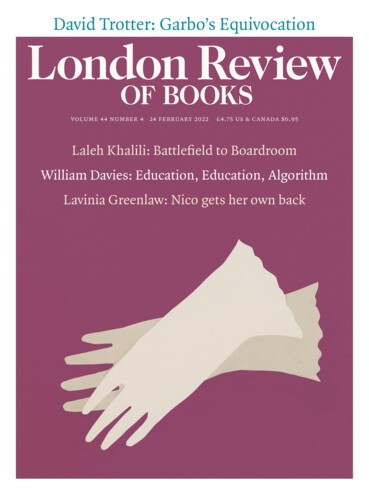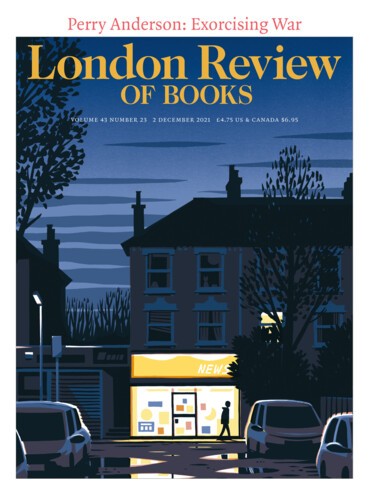On Chile
Tony Wood, 3 November 2022
On 4 September, 62 per cent of Chilean voters chose to reject the newly drafted constitution, designed to replace the one imposed by the Pinochet regime in 1980. Even in the Santiago metropolitan region, 55 per cent were against. Margins were high in every income group. According to a study by Miguel Angel Fernández and Eugenio Guzmán, the bottom fifth of earners voted...




